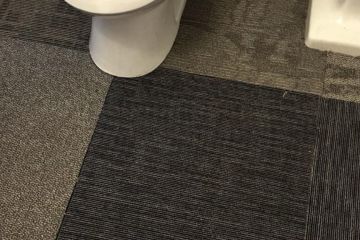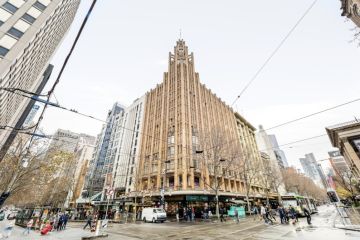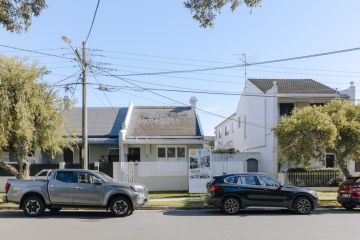Debunking the myths around life in regional Australia
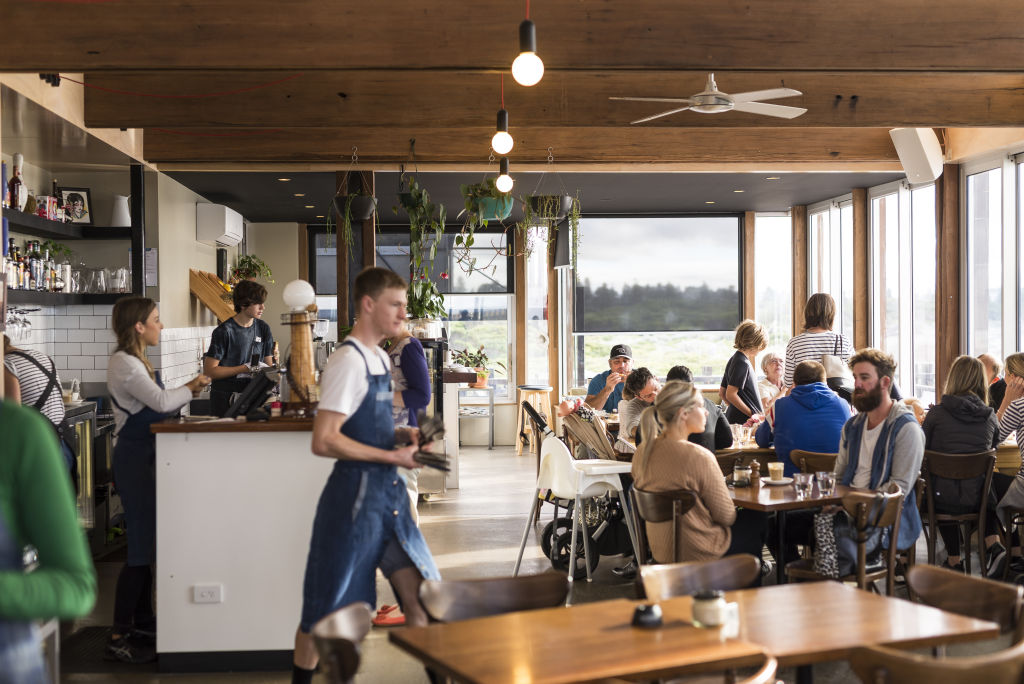
Regional Australia’s popularity has surged in the wake of the pandemic, as more and more city slickers consider moving away from the big smoke.
An abundance of space, more affordable housing and a greater connection to nature are often cited as reasons to relocate. But what about the potential drawbacks? Are the only jobs on a tractor or down a mine? And can you find a decent cup of coffee?
We set out to discover the truth behind some of the most common stereotypes about life in the regions.
Myth: Moving away from the city is a career killer
Dr Kim Houghton is chief economist at the Regional Australia Institute, a think-tank representing areas beyond the major capitals.
Asked whether it’s really possible to have a rewarding career outside the big cities, he points to the institute’s Regional Jobs Vacancy Map.
“The figures for April 2021 topped the previous peak of the mining boom 10 years ago, with 67,500 jobs in regional Australia advertised on the internet,” he says. “They’re mostly well-paying jobs in highly skilled trades and professions.”
With lower living costs and incentives up for grabs, a move could pay handsome rewards.
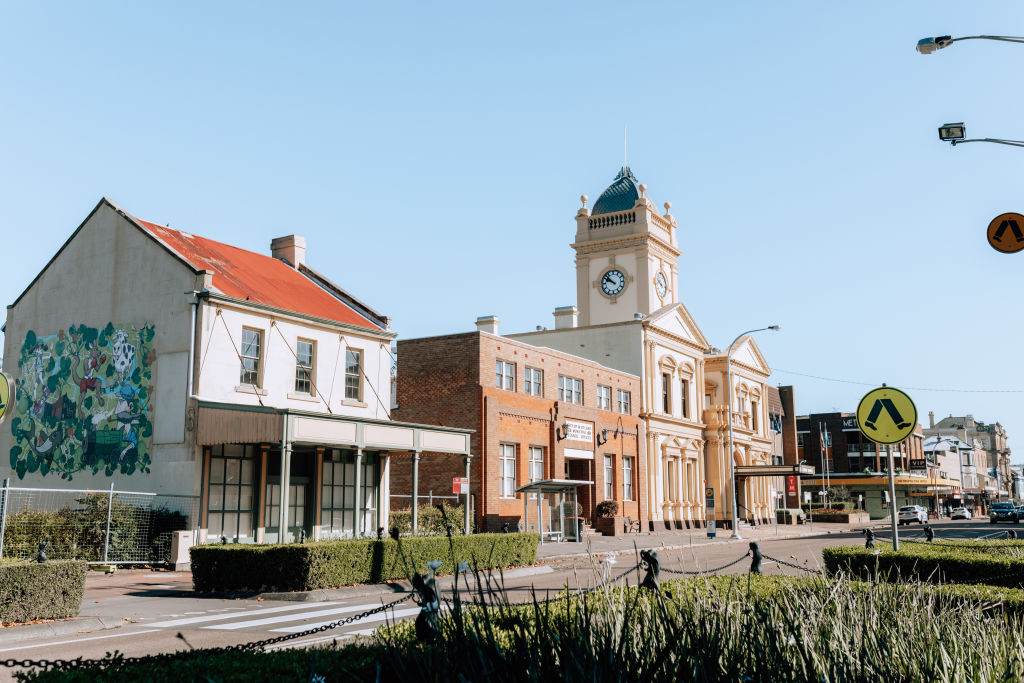
Myth: There’s no decent healthcare in the bush
Tiny towns are never going to offer the same range of specialist services as Sydney or Melbourne, but many residents live within reach of major regional hospitals, from Karratha to Tamworth.
The rise of telehealth has made it easier for residents of isolated locations to access specialist care while flying doctors bring healthcare services to hundreds of communities in the bush.
“Increasingly, even small towns now have allied health services, and with more health and medical professionals being trained in the regions, the future looks bright,” Houghton says.
Myth: The children’s education will suffer
For parents considering a move to the regions, schooling can be a thorny issue – particularly when high school looms. But access to land and agricultural resources can have some unexpected benefits for students.
Upper Yarra Secondary College in the Yarra Valley offers viticulture as an elective for senior students. In the tertiary sector, the University of New England links researchers and postgraduate students with nearby farms to solve real-world problems. Regional Study Hubs provide study spaces and academic support for students studying via distance education.
“Country schools are usually plugged into their communities, and students can benefit from opportunities that aren’t available in metro settings,” Houghton says.
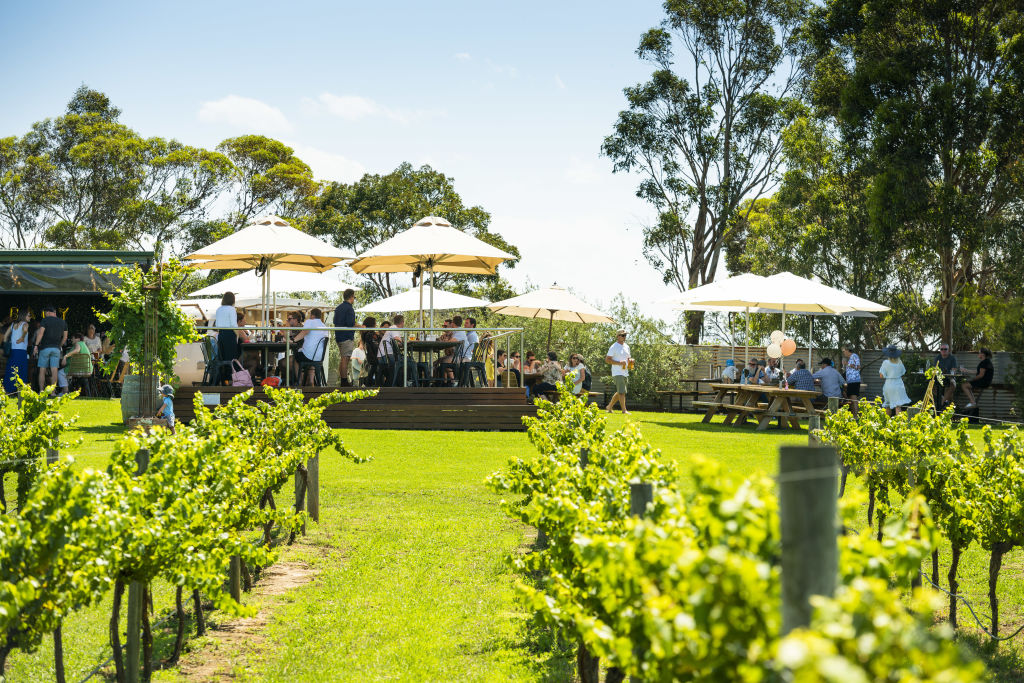
Myth: There’s no cultural diversity in the regions
The closure of international borders due to COVID-19 has highlighted how heavily the regions rely on overseas workers.
“Even in small places, it’s really clear just how important migrants have been, with people of diverse heritage filling every kind of job, from aged-care workers to pharmacists, doctors, teachers, tradies and abattoir workers,” Houghton says.
Many towns have thriving multicultural communities. The NSW Riverina city of Griffith is renowned for its rich Italian heritage. More recently, it has become home to a vibrant Pasifika population. In Victoria, Shepparton has welcomed Karen people from Burma. Dozens of Filipino families have settled in Pyramid Hill.
Myth: Entrepreneurs can flourish only in big cities
Often associated with inner-city hipsters, start-up hubs and co-working spaces are booming in the regions, too.
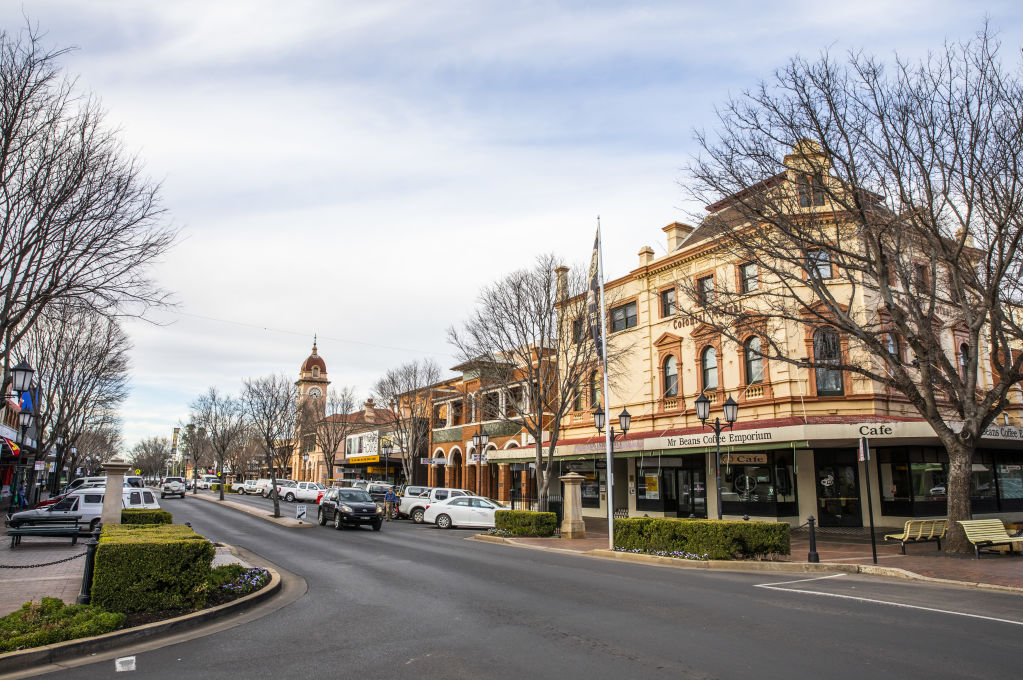
Kate Wade is operations manager at The Exchange Dubbo, a start-up community and co-working space in a heritage-listed former post office and telephone exchange. She says many members who live on farms or in tiny towns travel to Dubbo when they need high-speed internet and reliable mobile coverage.
“Since COVID hit, people are realising they don’t have to be in the major cities to run a business,” says Wade.
Myth: The foodie scene is stuck in the 1980s
Gone are the days when the local Chinese restaurant was the most exciting culinary offering in every country town. From Fremantle to the Adelaide Hills and Tasmania’s north-west coast, regional destinations are showcasing sensational local produce at farmers’ markets, cafes, restaurants, food trails and festivals. Vineyards, craft breweries and distilleries are getting in on the action, too.
Wade moved back to her hometown of Dubbo a decade ago after eight years in Sydney.
“Dubbo has everything we need,” she says. “There’s a really strong cafe culture, great pubs and restaurants … I don’t think there’s anything that I miss from Sydney. Except yum cha.”
We recommend
States
Capital Cities
Capital Cities - Rentals
Popular Areas
Allhomes
More

